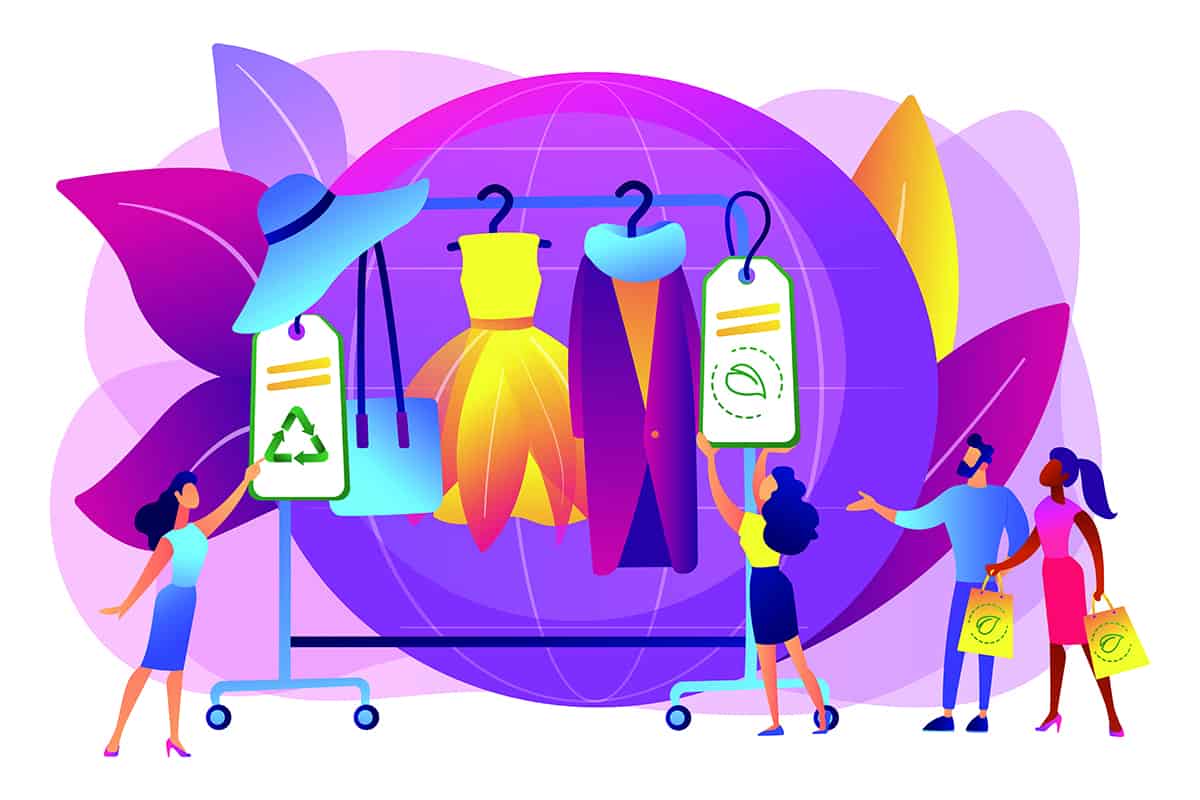The coronavirus pandemic has changed much about our world, but any fears that it would kill off the growing unease among consumers around the impact of human activity on the environment are unfounded. If anything, it has strengthened consumer drive to be more green.
The pandemic has made many people think more about what they are buying, where it comes from and what it does to the world. This pause for thought – coupled with stark illustration of the power of nature that the virus has writ large on the public psyche – is now influencing some big brands into action.
Google and the World Wildlife Fund (WWF) are collaborating to develop a platform through which buyers into the fashion industry – those buying raw materials and goods to make fashion items for sale to consumers – can assess raw materials to see just the provenance of some of its raw materials are.
The move is being driven by an increasingly green shopper base. Research by GlobalWebIndex charting the ongoing trajectory of changing shopper habits finds that, far from dying out, interest in sustainable shopping has in fact grown over the lockdown period – globally.
It finds that half of UK shoppers now think it will be important that companies behave more sustainably going forward out of lockdown and beyond.
Meanwhile, 45% think it will be more important than before to reduce their personal usage of single-use plastic, and the same proportion feel there will be heightened importance on reducing their personal carbon footprint and environmental impact.
Across each of these areas, fewer than 10% think they will be less important than previously.
Businesses, too, see ethical and sustainable retail as being a top priority coming out of lockdown, with a separate survey by Akeneo finding that 61% of vendors say product information relating to ethical manufacturing, sustainable or organic materials, for example, is a top priority for purchasing decisions. That puts social responsibility ahead of criteria such as speed, personalisation and localisation as a critical driver of sales.
While there is considerable consumer interest in ethical retail and sustainability, many in the industry believe that it has moved beyond just an idea and is going to be one of the key dynamics in shaping the future of retail post-COVID.
The increasingly online sales path has made retail more competitive. That competition is increasingly moving beyond price and into customer experience. Delivery is one of the key battlegrounds during lockdown, but going forward sustainability and ‘green credentials’ are going to start to rival that for many retailers and brands.
With many retailers now selling through social media and marketplaces, as well as via their own sites, and with many brands going D2C, tapping into this groundswell of ethical shopping is going to be crucial.
Communicating it, delivering it and making it part of the very fabric of brand image is going to be what wins the day for many post-lockdown retailers, regardless of whether stores open or not.










